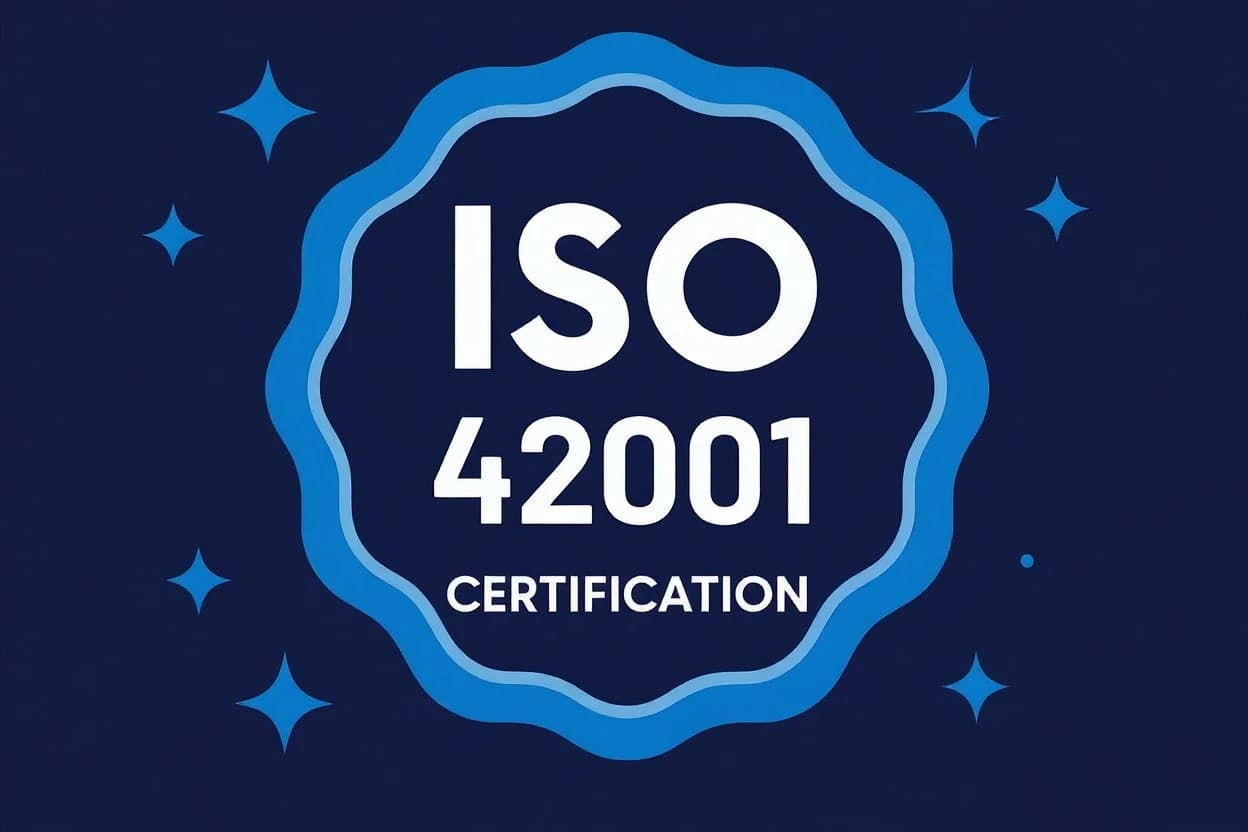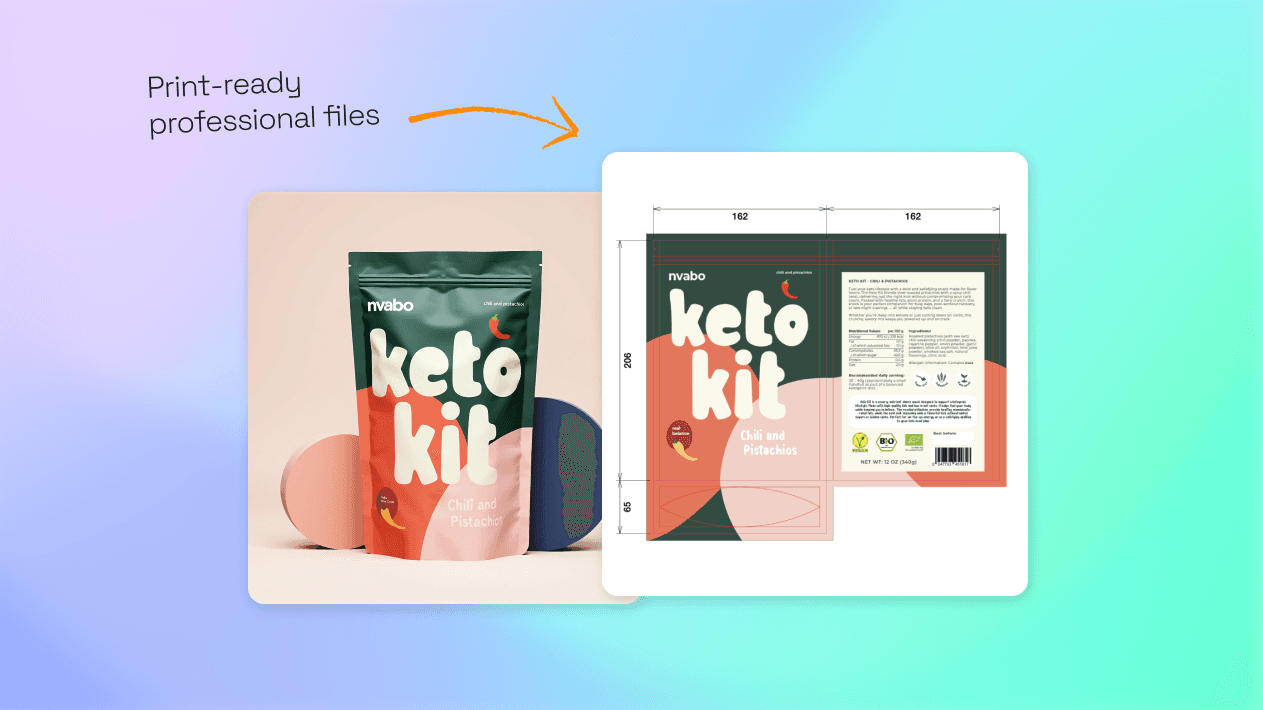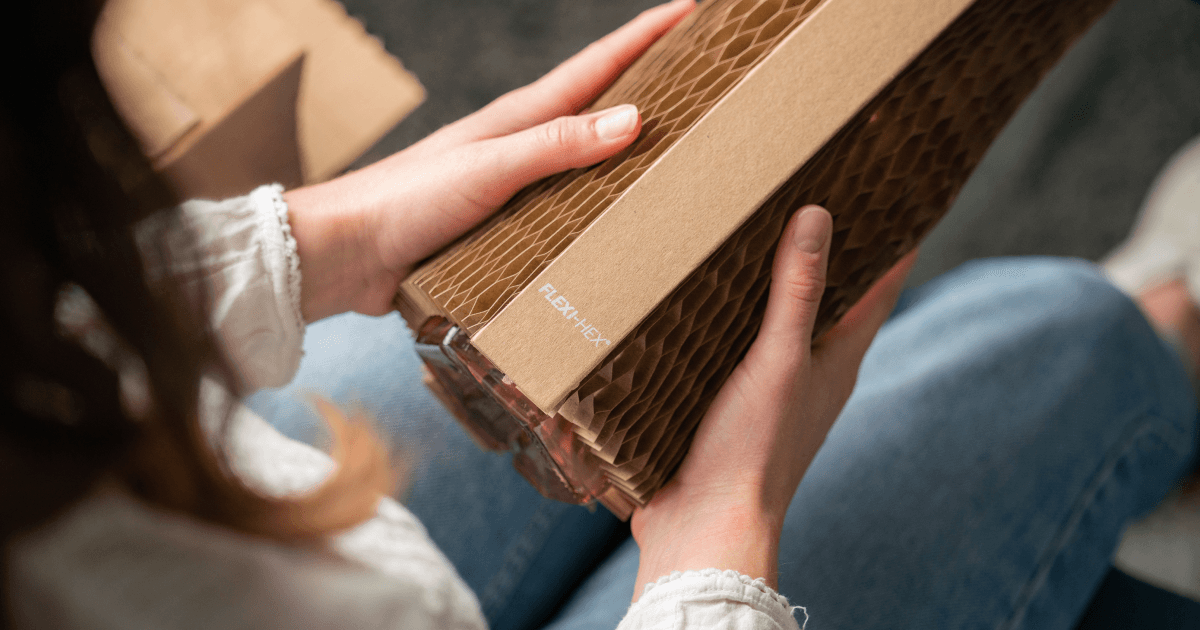Blog PostHow climate action drives brand value
- Sustainability
- Marketing
Cameron MacinnesApril 20, 2021 - 5 min read

Climate change has been a concern for decades, but arguably it was the events of 2019 that pushed it to its current position at the forefront of global consciousness. That was the year of Greta Thunberg’s school walkouts, Extinction Rebellion’s protests and the marches in which an estimated six million people in more than 180 countries took to the streets. All were demanding more climate action in what are thought to be the largest climate protests in history.
In a recent study, 84% of respondents agreed that brands have a responsibility to minimise their environmental impact and 79% of people thought CEOs should take the lead on change rather than wait for governments to impose it. This is a clear, consumer-driven imperative for action and there are great opportunities to be had for businesses who take the initiative and deliver on this front. Brands that are seen using their influence to effect change will set themselves apart from their competitors.
The importance of shared values
Brands have always connected with prospective customers by demonstrating that their values are aligned. By taking climate action, brands create an opportunity to connect with the large number of customers who share similar sustainability values.
This is an opportunity for brands to use their influence for good – by making ethical improvements themselves, they enable customers to put their principles into action every time they shop. This is empowering for customers; seeing change at industry level validates their personal efforts and may encourage them to make further eco-friendly choices as more become available. As sustainable businesses become normalised, they will also be embraced by new audiences who may have been reluctant to adopt them while they were perceived as a niche or ‘alternative’ option.
Sustainable businesses: standing out from the crowd
Although we look forward to the time when sustainability goes mainstream, we are currently at a point where many businesses are yet to effect change. This means that a brand engaging in even basic sustainability values can differentiate itself from its competitors very easily. For example, in 2020 fashion retailer Timberland set themselves the goal of crafting all of their shoe designs using a minimum of 10% recyclable, organic or renewable materials. They made this decision because their research showed that, if their products were placed alongside others of comparable in price and quality, the majority of the time customers would choose their product because of its additional green credentials. This demonstrates that as things stand, even comparatively small changes can make big differences in perception.
However, it’s only a matter of time before other brands notice that they’re losing customers to their greener rivals and launch their own sustainable initiatives. It will then take truly stand-out climate action for a brand to differentiate itself from its competitors. Such competition between sustainable businesses is to be celebrated as it will motivate the development of new, less carbon-intensive products and services and help push them into the mainstream. These new market opportunities benefit us all as a global society, regardless of which sustainable businesses come out on top.
The benefit to small businesses
In this environment, responsiveness and agility are key, which can give small businesses and start-ups an advantage over larger or better-established competitors. Businesses at an early stage in their development may find it easier to make climate action a boardroom priority, allowing them to adopt circular and regenerative models of production and consumption. Companies that demonstrably have sustainability built into their core brand proposition can avoid the ‘greenwashing’ backlash that established brands sometimes face when they start to claim sustainability values without altering their existing practices.
In this climate, smaller, genuinely sustainable businesses have been able to make a name for themselves by calling out the structural problems in their industries, positioning themselves as the sustainable alternative for customers who are unhappy with the status quo.
Sustainability values at Sourceful
In short, the climate crisis presents an opportunity for brands to reinvent themselves as part of the solution rather than part of the problem. Customers clearly want to see the benefits of climate action at scale, and brands that show a demonstrable commitment to sustainability will be rewarded with their business.
At Sourceful, we believe that the best way to respond to the climate challenge is to rise to it. We are passionate about helping brands make whatever difference they can – whether by re-designing for more sustainable packaging or making a commitment to remove carbon dioxide from the atmosphere. We believe that what profits us as a society can also profit you as a business, and that by working together we can make a meaningful investment in our shared future.








